In Translation | "Keep This a Secret From the Laughing Kookaburra" by Masako Yashiro
An interior manga from a forgotten master.
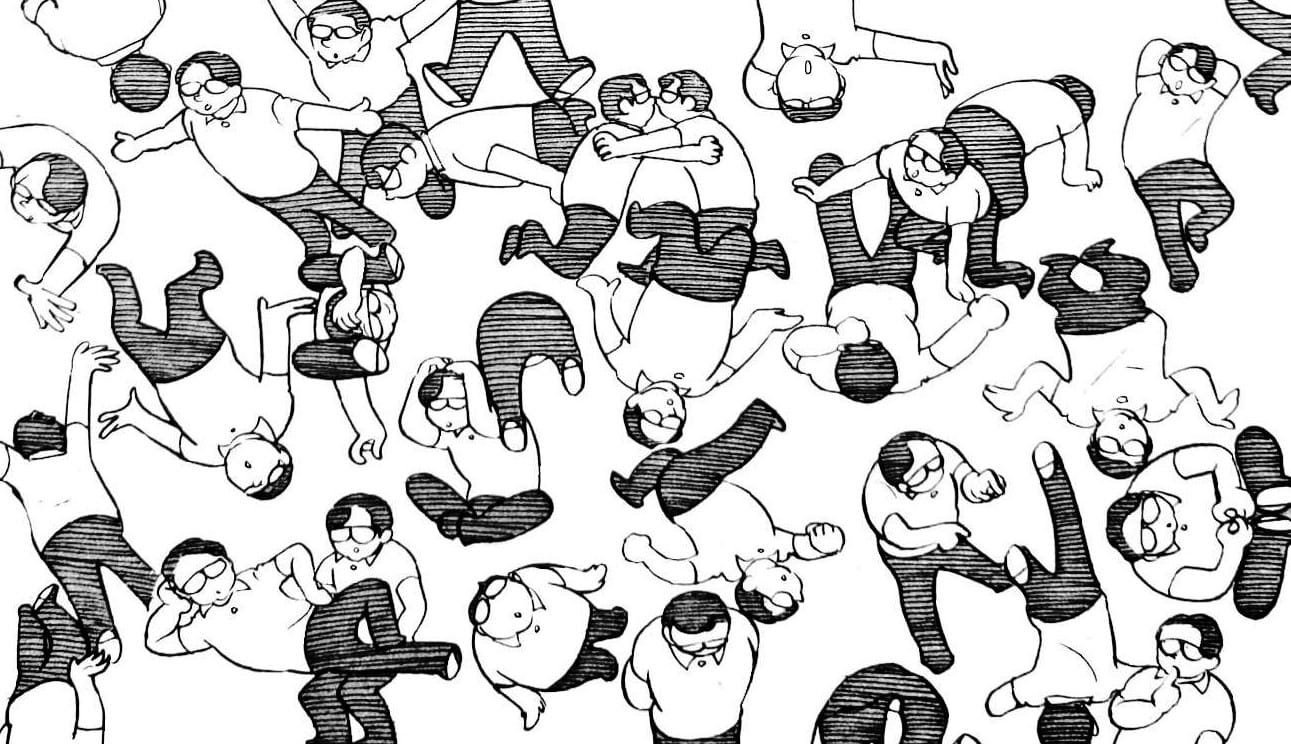
Manga March continues into week three! This time, we've got one heck of a one-shot for ya.
Masako Yashiro is a name all but anonymous to the English speaking manga world. While one kind scanlation group (5MENP) have blessed us with a handful of translations, the simple age of her work and that it's all short stories instead of serials, has doomed her to obscurity. Even in Japan her name has been forgotten, buried in time thanks largely to a complete lack of reprints of her work. To the modern manga world, it can feel like she never existed.
This is, as you are about to find out, a tragedy.
Getting her start in the kashi-hon market, or rental books, and debuting at just fifteen years old, she quickly secured her place in the world of shoujo, most notably for her Yoko series--a collection where each story focuses on a different girl with the titular name. Manga artist Taro Minamoto mentions (in an article recommending various kashi-hon) how much he admired her work around this time when he was a young seventeen year old, imagining her as a seasoned manga veteran, a master who had already spent years in the industry, and the earth-shattering shock he felt when he finally met her and saw that oh god, she's the same age. He also mentions how clear and strong Yashiro's influence was on the early works of Moto Hagio, one of the defining figures of the Year 24 Group shoujo movement, a fact which Hagio herself freely admits.
That influence is crystal clear in today's manga, "Keep This a Secret From the Laughing Kookaburra", Yashiro's second entry in her series of shorts for COM, the experimental manga magazine founded by godfather of the medium Osamu Tezuka that would become her home for several years, published in the July 1968 issue, when she was only twenty-one. It's an astoundingly interior, reflective title, mining a deep well of thought and feeling in its short 20 page run; a powerful exploration of art, creation, gender, identity and anxiety that hasn't aged a single day since its initial release. If you can't tell, I'm real excited about it!
Enjoy!
Oh, and if you like this one, let me know--I got about five more from her ready to be scanned if there's any interest (if there's not any interest? I'll do it anyway...just not too soon). And of course, as always, feel free to download it at the Mega link here:









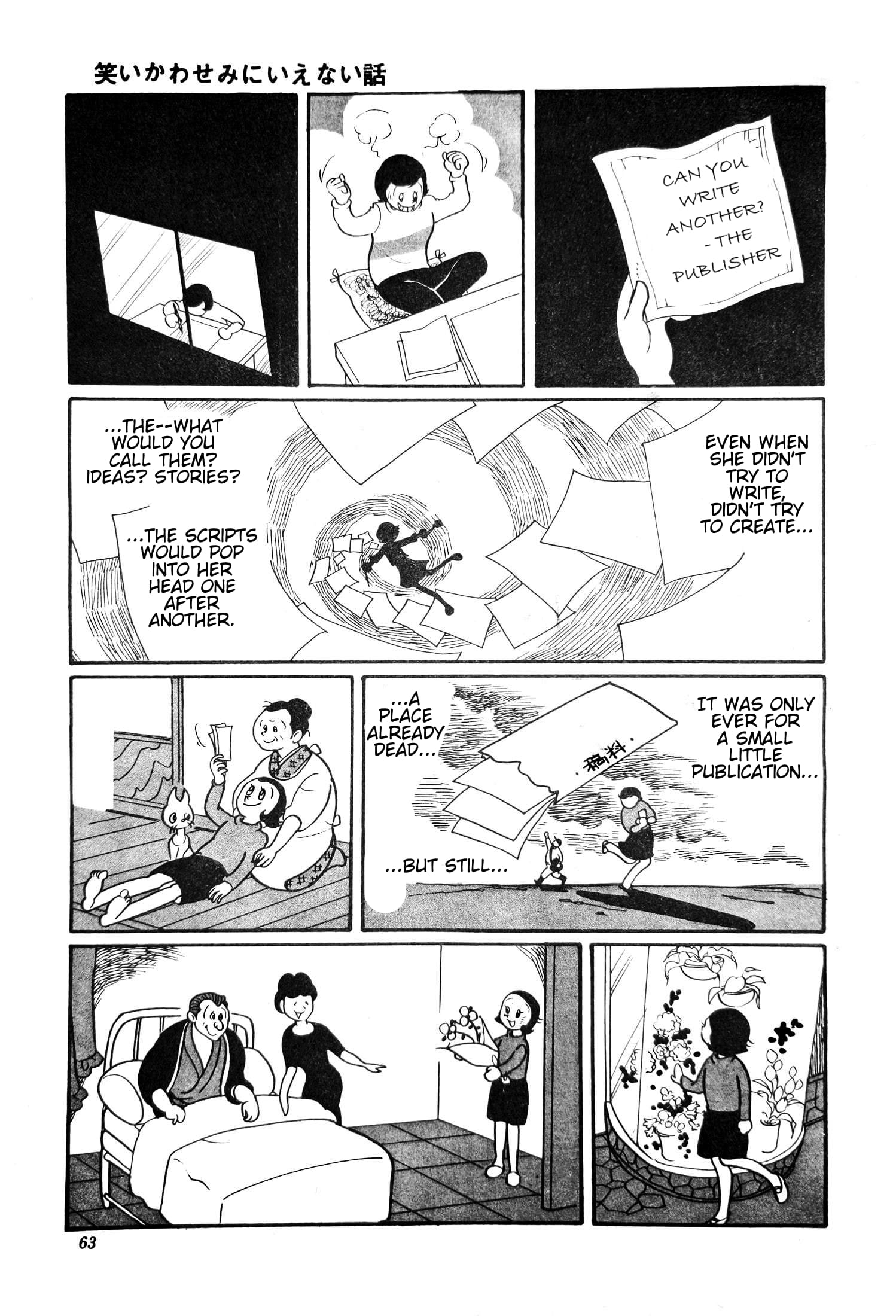








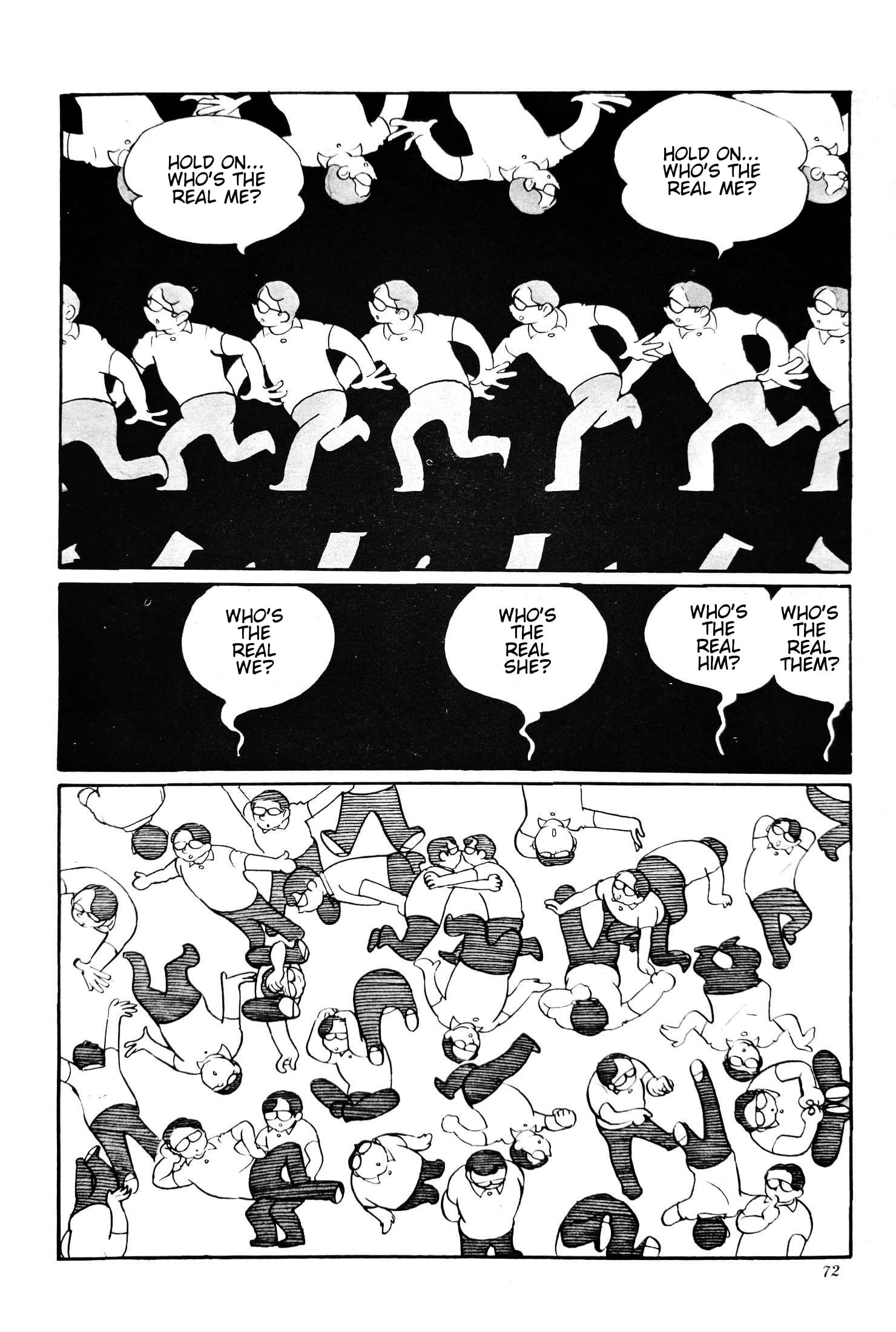

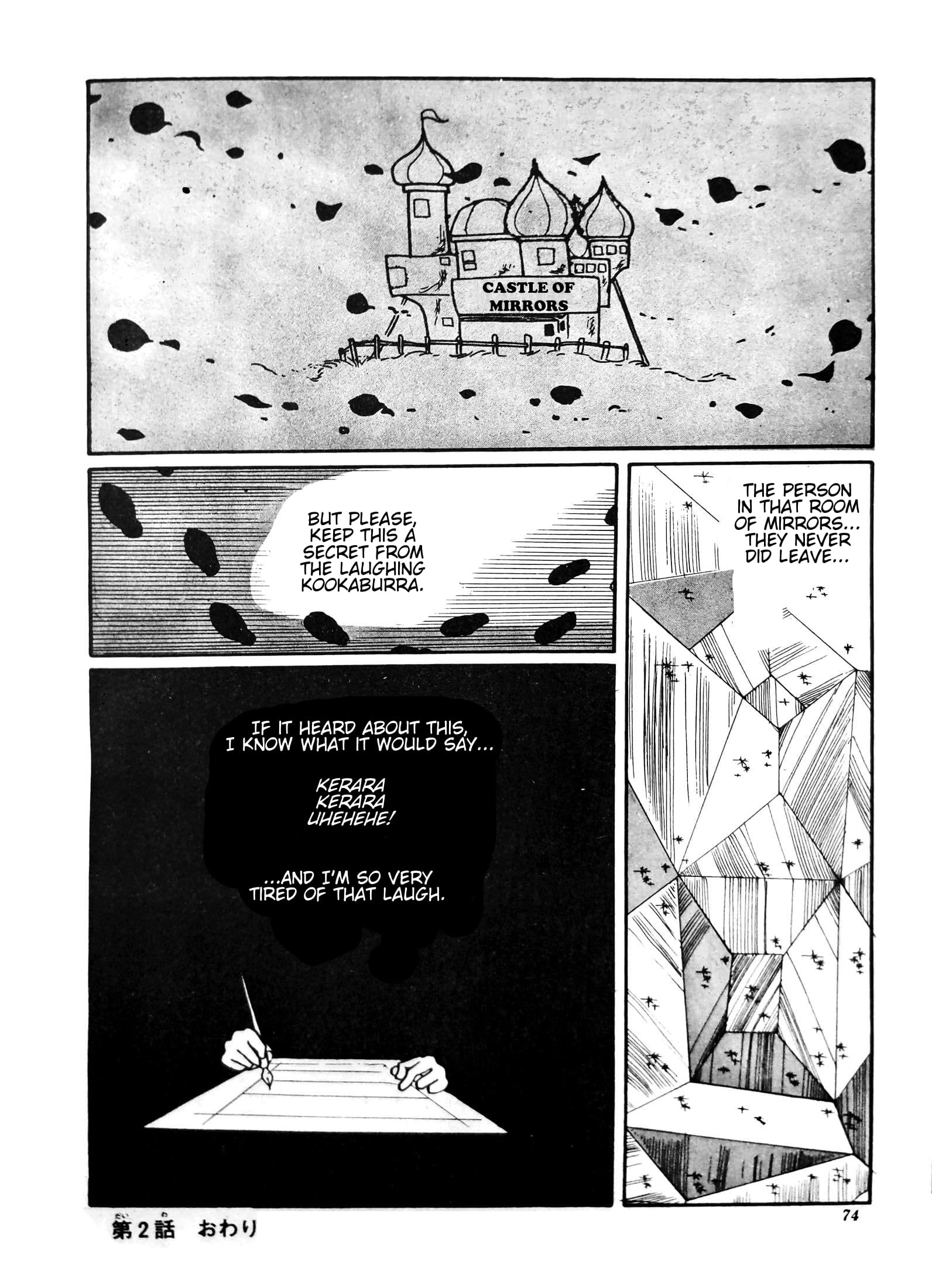
Music of the Week: turn back the cRock! by Shima26
Madhouse breakcore rock filtering online music (circa 2012) through a washing machine filled with bricks. You can hear anisong and touhou and denpa influence as vocaloids wail under crushed drums and oceans of feedback. Apocalyptic and melancholy and very high energy, this is a noisy Hatsune Miku classic; an album that reflects the chaos of feeling like everything is coming undone late at night.
Book of the Week: Basara by Yumi Tamura
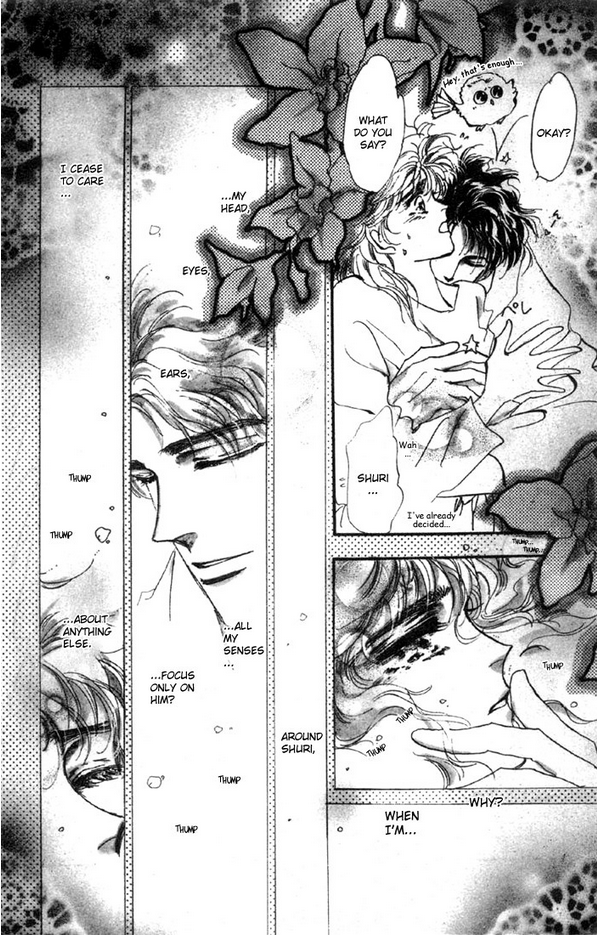
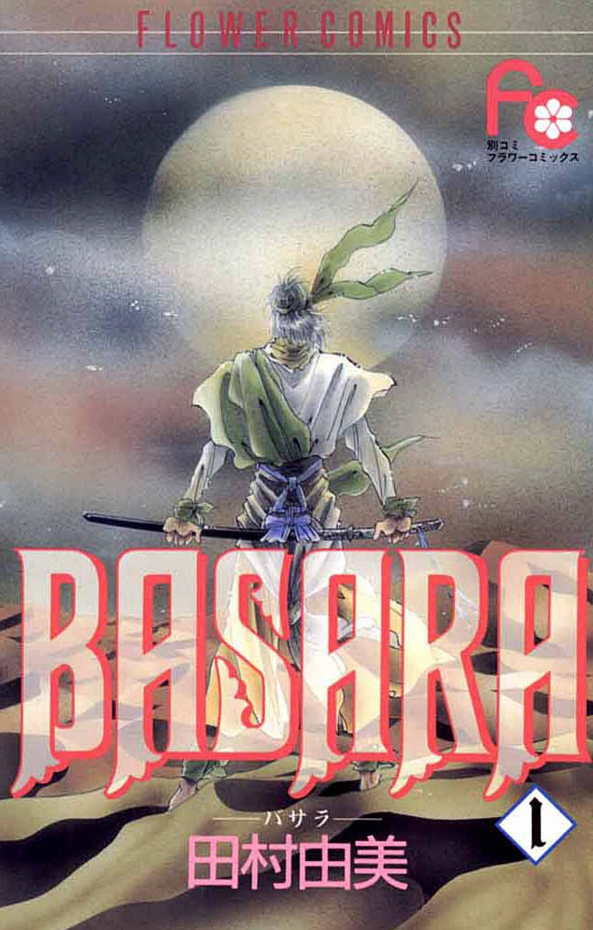
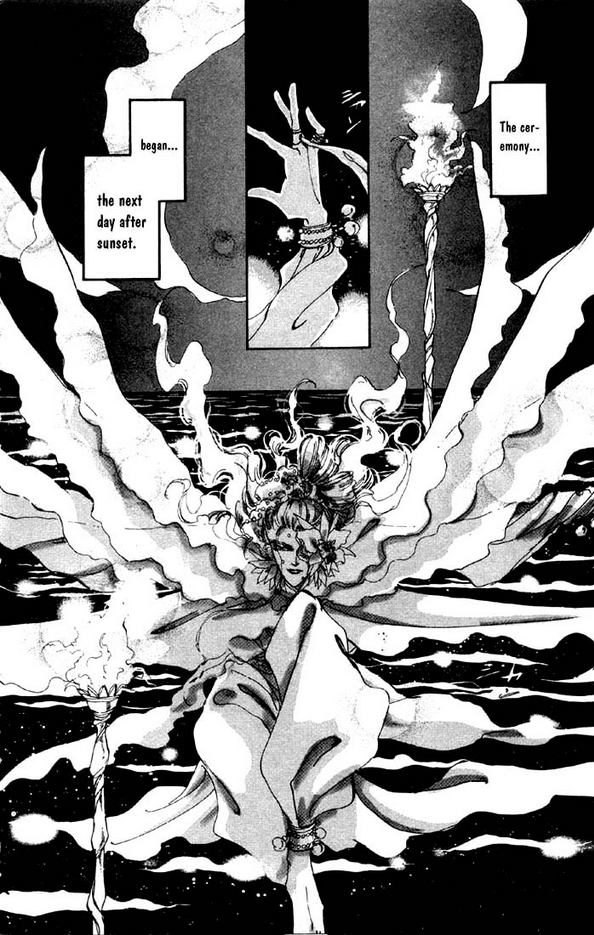
One of the great fantasy series by shoujo god Yumi Tamura and one of the most perfectly paced comics ever made. Set in an alien fantasy Japan and chronicling a girl disguised as her dead twin brother as she grows into a revolutionary leader, Basara is emotionally complicated, deeply romantic, thrilling, full of twists and turns and shocking world-building...it's everything, all guided by Tamura's gorgeous, expressive art that turns every page into an assault of sensual feeling. From page one till the end, as purely entertaining as any manga's ever been.
Movie of the Week: Gate of Hell (dir. Teinosuke Kinugasa, 1953)
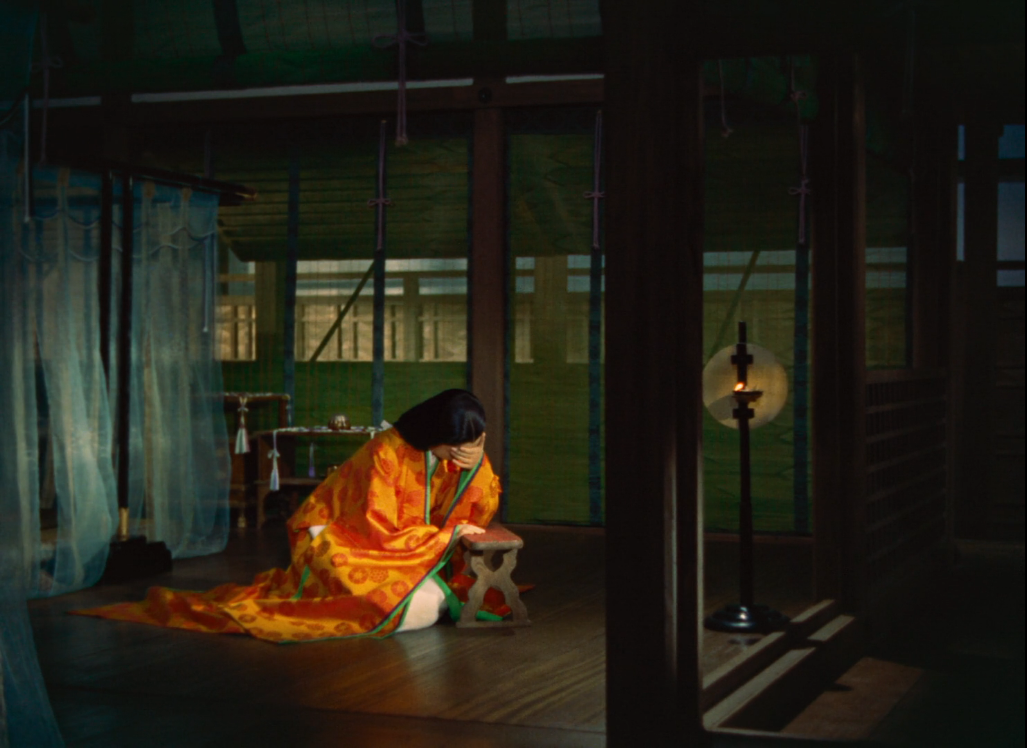
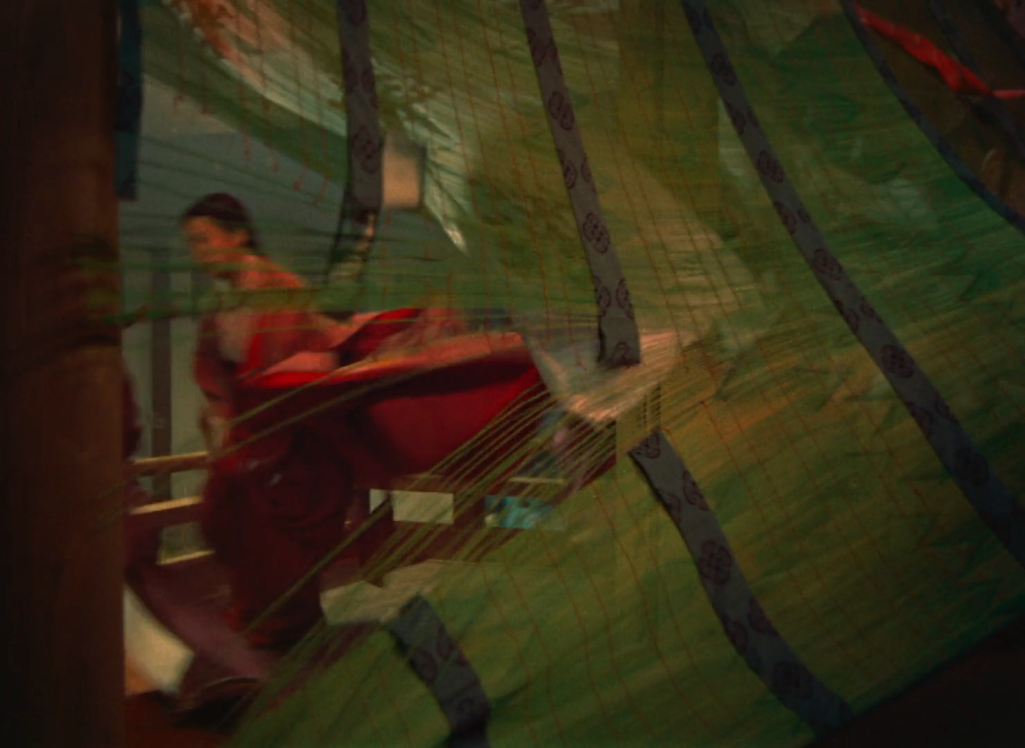
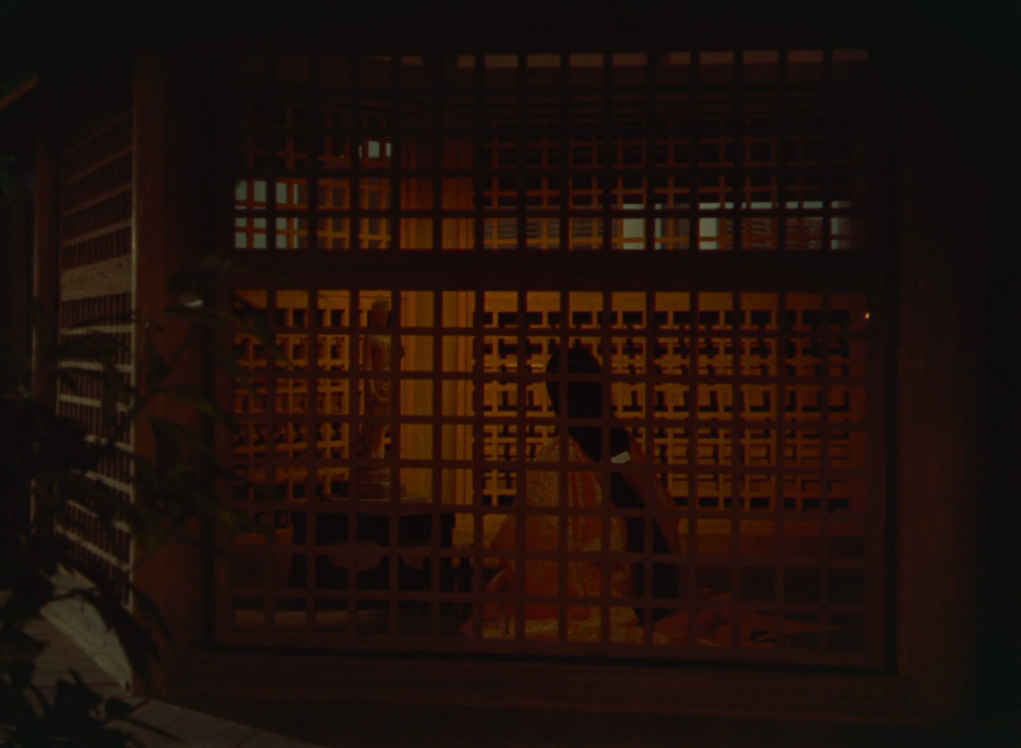
A fairy-tale thriller about mercilessly bullying a loser incel so bad that he goes murder-mode; a spot on melodrama roast of that one guy everyone knows who can't stop crying about not having a girlfriend. Daiei decided to one and done the entire concept of colors with their first color feature, hiring Kinugasa (who directed one of my very favorites, A Page of Madness) to sear audience retinas forever with splendor. Uses its purposeful simplicity that plays like a fable to burrow down and expose its emotional and political truths of control and possession.
Have thoughts about anything covered this week? Got a recommendation you’re dying to share? Want to tell me how handsome and cool I am? Leave a comment below!
oh, and here's BFI's list of best Japanese movie from each year, which bangs


